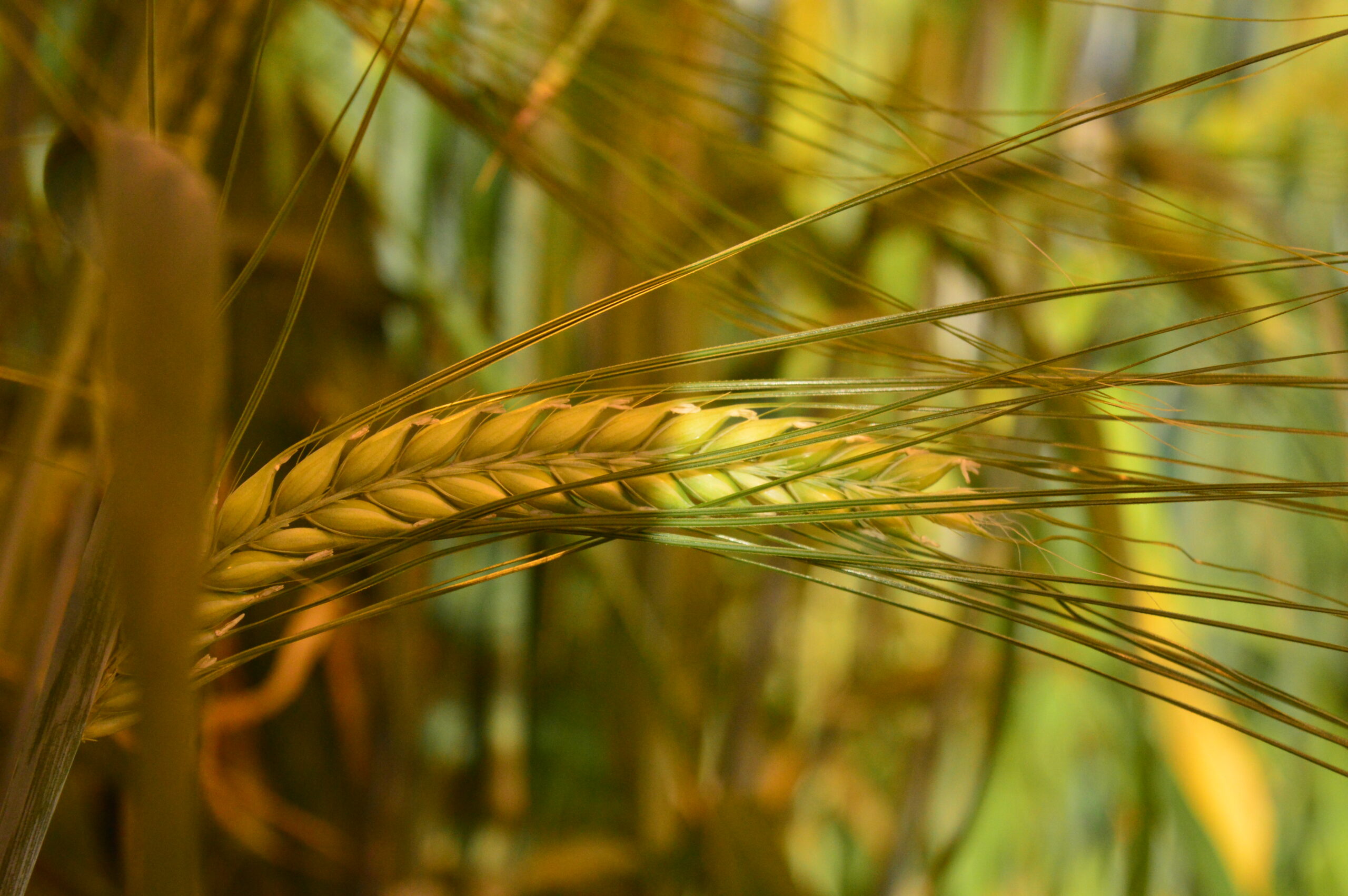The thin layer of soil surrounding plant roots, an interface that scientists define as the rhizosphere, is a habitat for a multitude of microorganisms collectively referred to as the rhizosphere microbiota. In analogy with the microbiota populating the digestive tract of vertebrates, the rhizosphere microbiota can promote the health, development and growth of their host plants. Thus, the rhizosphere microbiota emerges as a renewable alternative to synthetic agrochemicals.

Akin to an orchestra conductor, the host plant can shape the composition of the rhizosphere microbiota. This capacity is mediated by specific genes in the plant genome which could be then used to re-wire plant-microbiota interactions for the benefit of humankind.
Researchers at the University of Dundee’s School of Life Sciences and the James Hutton Institute, with the contribution of colleagues in the UK, Italy and Germany, recently identified genes shaping the rhizosphere microbiota in the staple crop barley.
The genetic relationships between plants and the microbiota remain a complex jigsaw. However, today this joint effort has uncovered important pieces making us in the position to take a step forward towards the development of net-zero crops.
Dr Davide Bulgarelli
“The complexity of our work is in the numbers: the barley genome has tens of thousands of genes and each one of them could potentially shape the rhizosphere microbiota. Because of this, a breakthrough in our investigation came when, by deploying an innovative genetic approach, we ‘narrowed down’ a specific region of the barley genome, which we designated as locus QRMC-3HS”, commented co-first author Dr Carmen Escudero-Martinez.
However, the locus encompassed over 50 genes: still too many to work with. “To overcome this obstacle, we made an educated guess. Since microbes we are interested in proliferates belowground, genes expressed in roots may represent the first port of call for the establishment of these interactions”, continued co-first author Dr Max Coulter.
By looking at differences in genes expressed in barley roots, scientists ultimately ‘sieved’ the complexity of the barley genome and discovered three promising genes to be prioritised for further investigations.
Strikingly similar results were obtained by a group of scientists at the Netherlands Institute of Ecology who investigated another plant, the global horticultural crop tomato.
“The genetic relationships between plants and the microbiota remain a complex jigsaw. However, today this joint effort has uncovered important pieces making us in the position to take a step forward towards the development of net-zero crops”, concluded corresponding author Dr Davide Bulgarelli.
Paper: Escudero-Martinez, C., Coulter, M., Alegria Terrazas, R. et al. Identifying plant genes shaping microbiota composition in the barley rhizosphere. Nat Commun13, 3443 (2022).


